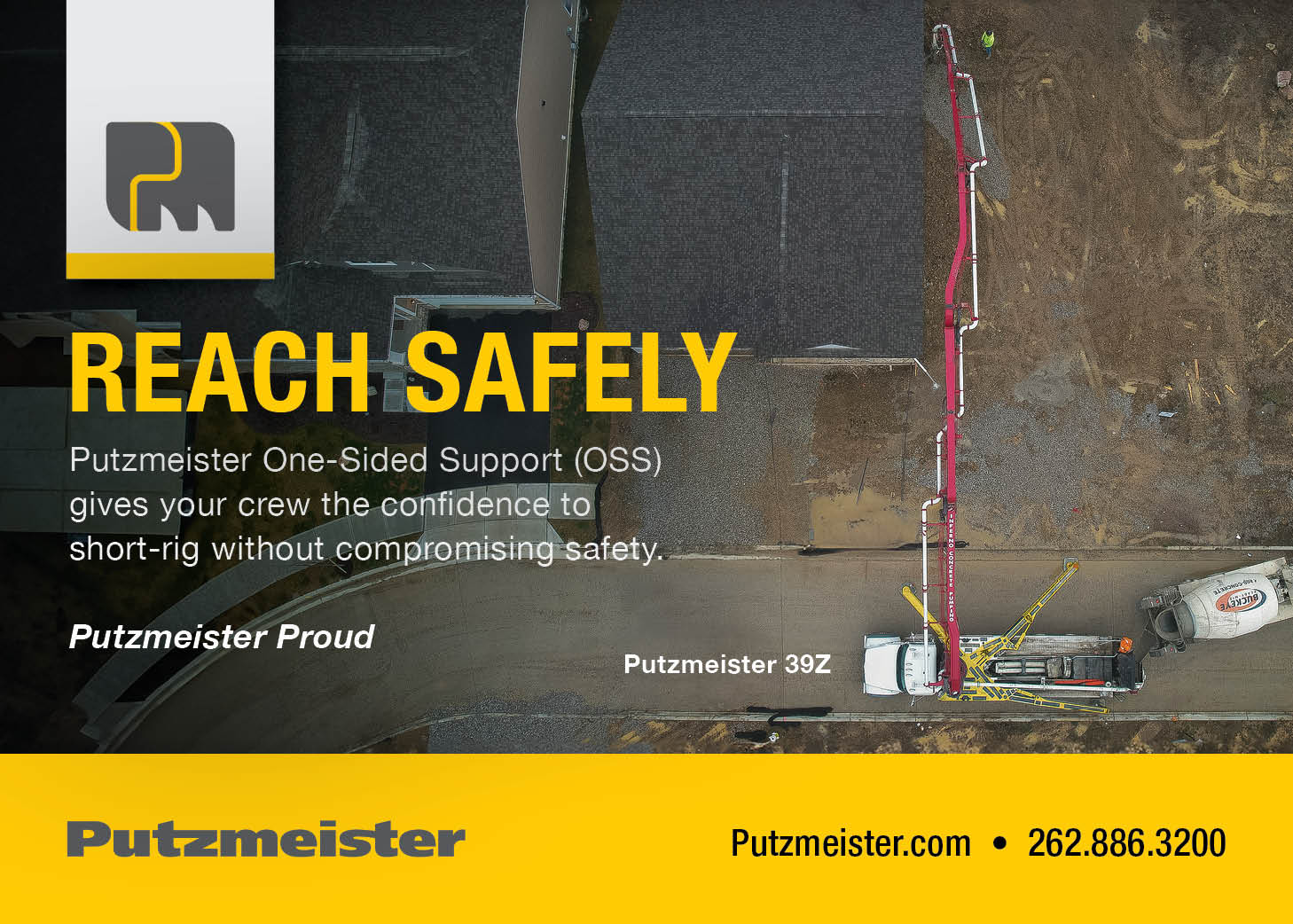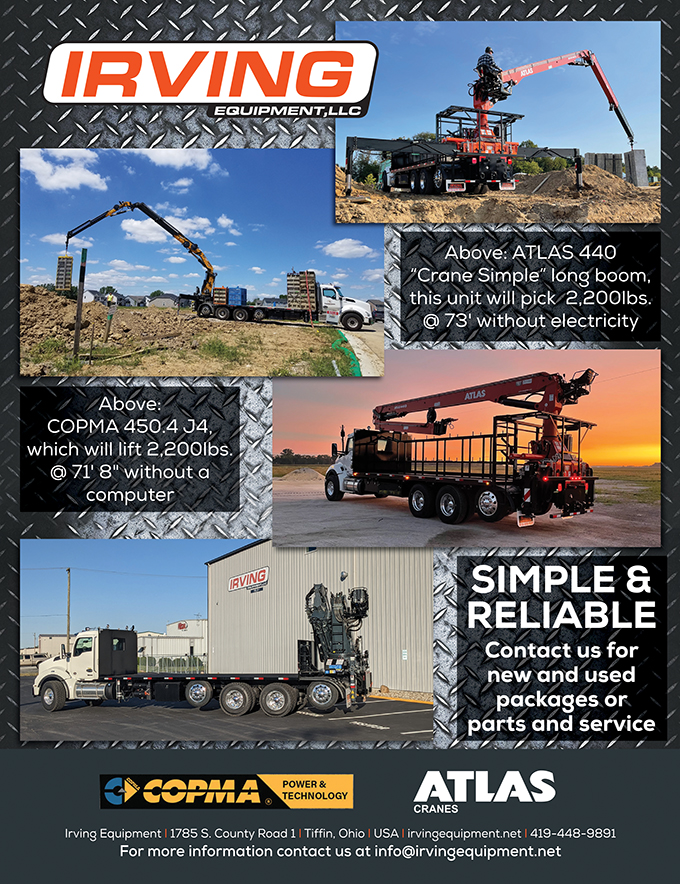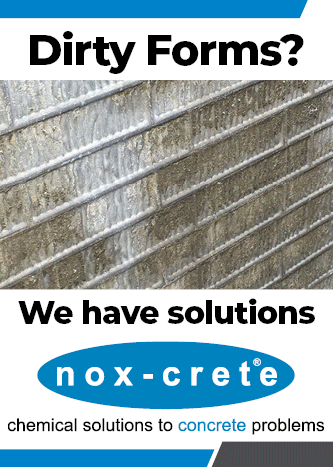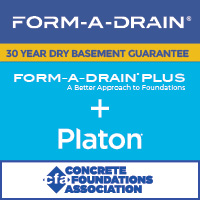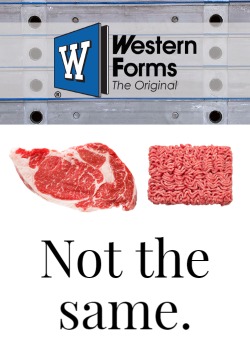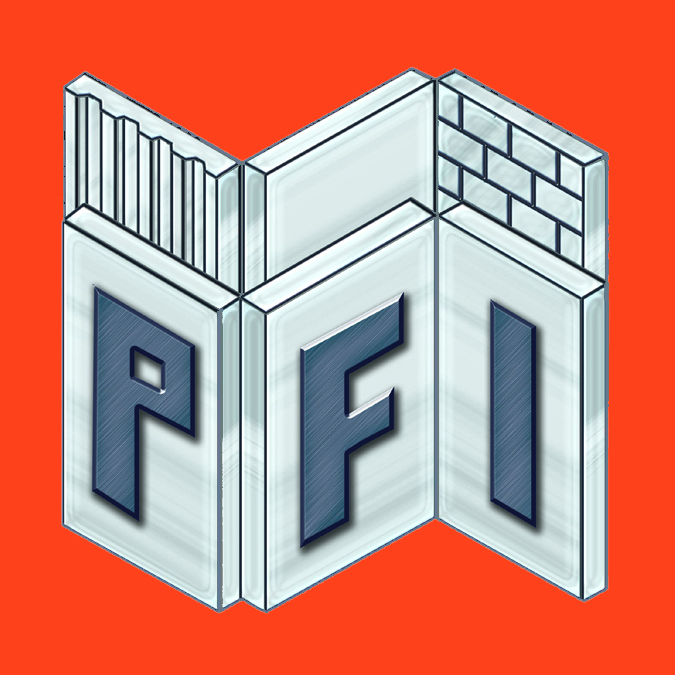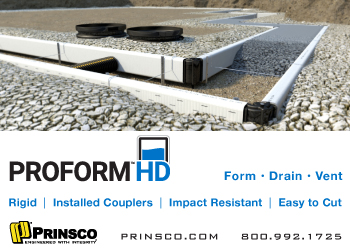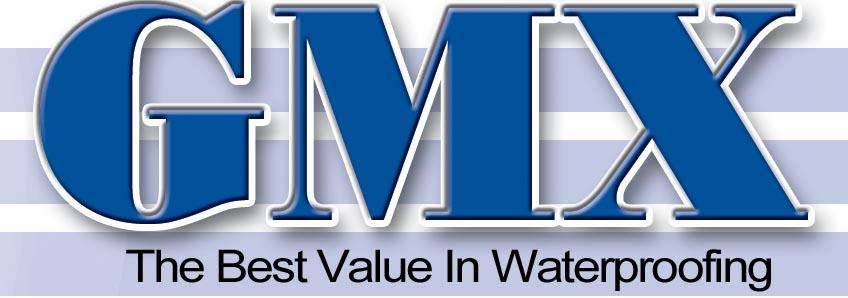Taking Control of Your Post-Injury Healthcare
by Levi Schrock, Custom Concrete
Though COVID-19 has slowed customer traffic for many companies across America, most construction businesses and medical facilities are as busy as ever. For these construction companies, employees will always face some level of physical risk when on the job — and being pushed to extra fast-paced production usually results in a higher volume of workplace injuries. Simultaneously, hospitals and emergency medical facilities are dealing with full schedules and long wait times while trying to adapt to the COVID-19 restrictions that various states and cities are changing on an almost-monthly basis. This ruthless busyness in two large, symbiotic industries will likely end up causing contractors increased indirect costs for their injured employees’ medical care.
Even pre-COVID-19 there were many reasons for employers to take as much control as possible when it comes to claim management and medical care for injured workers. While we all want injured workers to be cared for and healed in the simplest and quickest manner, medical facilities and insurance companies are often less incentivized than employers to make this happen at low costs. In fact, the businesses of hospitals and insurance companies often benefit from these incidents. Hospitals get paid for providing medical care, and insurance companies can almost always raise premiums for poor loss experience. Employers, on the other hand, are saddled with paying increased medical costs, increased premiums, employee wages, and the opportunity costs for every day of slowed or paused production due to the injured employee being in reduced capacity. Simply put, no one (except perhaps the employee) will care as much about injury recovery as the employer.

A triage nurse hotline is a very interesting way for the employer to get more post-injury control. While many people think that this benefit is only viable for larger companies, the truth is that a nurse line may be cheaper and more customizable than previously imagined. There are many companies that provide this service, but it is important to consider the philosophy and practical implementation of the two main triage styles before getting caught up in specific company brands.
Mass-Network Group
The first and more widely known setup for a triage nurse hotline is the mass-network group. Consider the following pros and cons related to the wide variety of services a mass-network group can provide:
Pros:
- 24/7 Availability: By having dozens or even hundreds of nurses sitting around computer screens, there will always be someone available to take your call. You usually reach a nurse in a matter of minutes, and this prompt response time can make all the difference quickly learning what care is needed.
- Multiple Languages: Most any injured employee, regardless of what language they speak, can relay injury information to the nurse. This is not always guaranteed at medical facilities.
- Excellent Record-Keeping: Large triage companies record everything, from injury treatment instructions to the calls themselves. If you need any information about the call, it will not be difficult to obtain.
- Third Party: These companies do not have any stake in your specific safety rules or employee relationships. When employees call in, the nurses will always advise medical care to the best of their abilities.
Cons:
- Expensive: Cost plans can vary with each company, but there is usually an annual base fee (that covers a guaranteed number of calls) with a per-call fee for every additional call. A plan like this could be expensive and therefore requires calculating the numbers very carefully.
- Different Nurses: If you call for a nurse on two different days in the same week, you will almost certainly get two different nurses. In fact, you will probably never talk to the same nurse twice. This constant change makes it difficult to build a relationship with the nurse and therefore makes it difficult to build trust.
- Registered, Not Necessarily Experienced: What does “registered” mean? Make sure you understand the answer well. If you are expecting the most seasoned soft-tissue injury specialist, you will probably be disappointed. Unfortunately, some of these nurses respond according to the on-screen prompts more than by using their education or experience.
- Third Party: Yes, this pro is also a con. These nurses are unlikely to have any interest in your specific business, which means they probably will not have any experience or understanding of your business. An employee who tells a nurse that he or she fell off an eight-foot panel into an overdig may be in for a long explanation.
- It’s Just a Call: Doctors diagnose patients by examining them in person because it is very difficult to prescribe the best treatment from a mere phone call. No matter how long the phone call is, there is a limit to how effective the diagnosis can be when the information is relayed only through words.
- Conservative: If these nurses misunderstand the gravity of an injury and prescribe less than adequate treatment, they could lose their credibility (and possibly lose a lawsuit). So, even if stitches are unnecessary, they will probably recommend stitches if they would help. Likewise, for most every fall from five feet or higher, they will likely recommend the injured employee sees a doctor due to potential head trauma.
Company-Provided On-Call Nurse
The second triage nurse hotline setup to consider is hiring a dedicated on-call nurse. This is a part-time employee you would hire to work for you on-call (whether through in-house payroll or as a subcontractor is your decision). As with the other style, there are both pros and cons to this approach:
Pros:
- Inexpensive: You set the pay at whatever amount you and your nurse agree to. Many once-nurses who are now stay-at-home moms will gladly make time for a 15-minute phone call for $30-$50.
- Consistent: When you get the same nurse every time, employees will start to grow trust in the system. This is especially beneficial for cases where follow-up calls are warranted.
- Experienced: This can be a pro if you choose your nurse wisely. For example, if most of your injuries are strains and sprains, you might want to seek out someone with experience in orthopedics.
- Industry Savvy: Even if your new nurse has never worked in construction, you can invest time and training into bringing him or her up to speed. Your employees will be impressed and more confident in your nurse’s recommendation if he or she knows what pins and wedges are, and you will be happy when the diagnosis is more accurate.
- Flexible: Maybe texting some photos of the injury would help clarify the description of the injury. If using FaceTime would make remote diagnosis easier, you could do that. You are not confined to call conversations only.
- Unbiased: This nurse should always give recommendations according to what is needed, and when there is mutual trust with the employer, the recommendations can be honest (and not just conservative for the sake of being overly safe).
Cons:
- It’s Up to You: While the pros of a privately employed nurse are essentially the reverse of the cons of using a mass-network group nurse triage, the cons of a hired nurse are largely up to the employer. For example, excellent record-keeping and 24/7 availability need to be negotiated up front (and you have to be willing to pay more for those services). However, most construction companies do not need these kinds of benefits, especially not all the time. You may be satisfied with a nurse who is only on call during your normal working hours. These logistics will be up to you.
During the current pandemic, the challenges your workforce faces when dealing with medical clinics have become even more arduous and time-consuming. On top of this, you still have to navigate workers compensation, post-injury care, claim management, liability, and all the other complex issues that come hand-in-hand with using triage nurse hotlines. While not comprehensive, this article is meant to give employers a better understanding of how to control more of the post-care process for injuries in an economy where post-care is less predictable than usual. If you have any questions regarding the potential of using a triage nurse hotline and how your company might benefit, do not hesitate to give the Concrete Foundations Association a visit (www.cfaconcretepros.org) or a call (319-895-6940), and get connected with members who use mass-network groups and members who have opted to hire a private on-call nurse.
Levi Schrock has been a featured speaker at Concrete Foundations Convention and is a regular participant in the community forums (formerly the CFA Hotline) found at www.cfaconcretepros.org. Schrock is the author of “Safety for a Residential Concrete Company,” available online on Amazon ($10). You can find more information by contacting Schrock or association staff through your member account.
